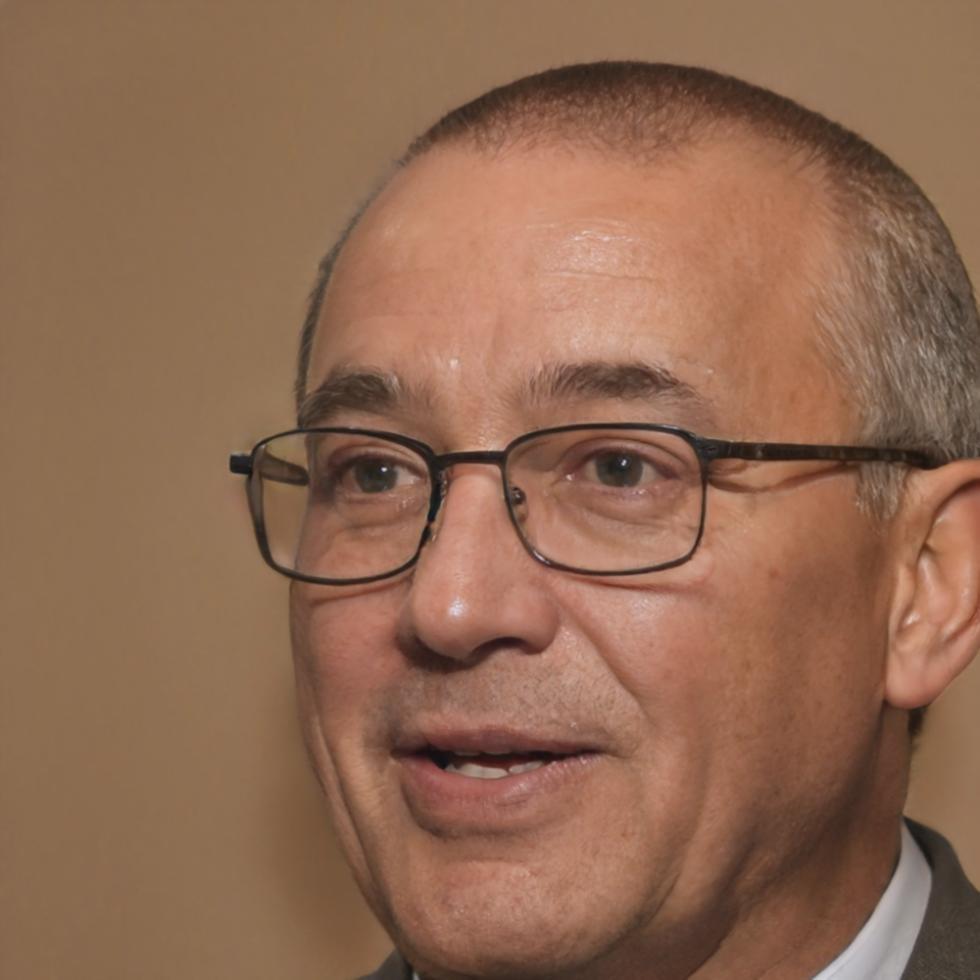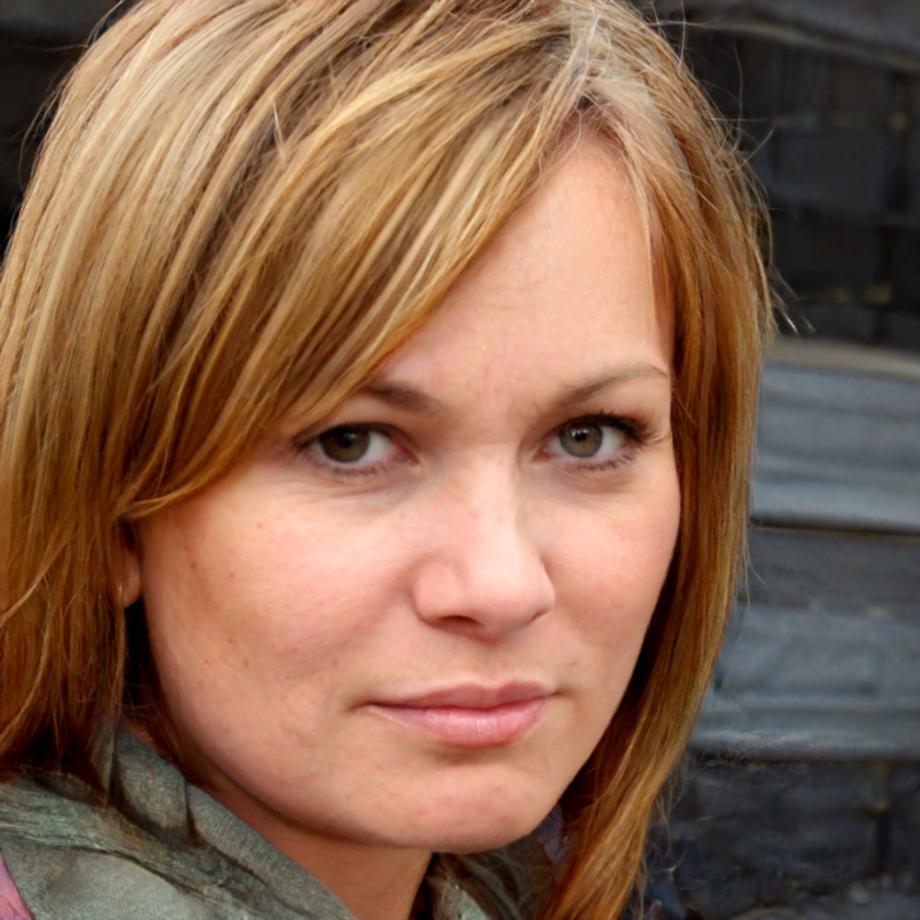Rethink Your Relationship with Money
Most budget advice focuses on spreadsheets and restrictions. But here's what we've noticed after years of working with Australians — money problems aren't usually about math. They're about habits, emotions, and the stories we tell ourselves about spending. Our program takes a different route. We help you understand why you make financial decisions, not just how to track them.
Start the ConversationFind Your Starting Point
Everyone's money story is different. Maybe you earn well but nothing sticks. Or you've tried budgeting apps and they lasted two weeks. We built this program around real situations — not theoretical ones.
You're Earning But Not Saving
Income feels good until payday comes around again and you're wondering where it went. Sound familiar?
- Track spending patterns without judgment
- Identify emotional triggers for purchases
- Build systems that work with your lifestyle
- Create realistic goals you'll actually keep
Budgets Never Stick
You've downloaded the apps. Made the plans. But three weeks later, you're back to guessing and hoping.
- Discover why previous attempts failed
- Design flexible frameworks, not rigid rules
- Address psychological roadblocks
- Practice sustainable money habits
Debt Feels Overwhelming
The numbers are stressful. You avoid looking at statements. Each bill brings anxiety instead of action.
- Break down debt into manageable steps
- Understand interest and repayment psychology
- Build confidence through small wins
- Develop strategies for long-term freedom
Planning for Life Changes
Moving house, changing jobs, starting a family — big shifts need financial preparation you can trust.
- Map out transition periods realistically
- Build buffers for unexpected costs
- Adjust mindset for new circumstances
- Create adaptable financial plans
What Changed for Others
I thought I needed stricter discipline. Turns out I needed to understand why I was spending in the first place. The program helped me see patterns I'd been ignoring for years — like using retail therapy after stressful work weeks. Once I saw that, everything shifted.


Spreadsheets made me feel like a failure. This approach was different — it asked questions instead of giving orders. I learned that my spending habits connected to childhood experiences with money. Understanding that context changed how I make decisions now.
How We Actually Work
Forget cookie-cutter advice. We spend time understanding your specific situation — your goals, your blocks, your real life. Then we build something that fits.

-
Discovery Sessions
We talk. You share what's working and what isn't. No judgment — just honest conversation about money habits and history.
-
Pattern Recognition
Together we identify the triggers and behaviors that keep you stuck. Often they're subtle things you haven't noticed before.
-
Custom Framework Building
Based on what we discover, we create a personal system. Not a template — something designed around how you actually live.
-
Ongoing Adjustments
Life changes. Your approach should too. We stay connected as you implement changes and adapt when needed.
Next Program Timeline
Program Begins
Initial assessment and discovery workshops. We map your current financial psychology and identify core patterns that need attention.
Deep Work Phase
Weekly sessions exploring money beliefs, spending triggers, and behavior patterns. You'll build new habits while we provide support and accountability.
Integration Period
Apply what you've learned to real-world scenarios. Test your new framework during the holiday season — often the trickiest time for budgets.
Completion & Planning
Final review sessions and goal-setting for the year ahead. You'll leave with tools and understanding that continue working long after the program ends.

